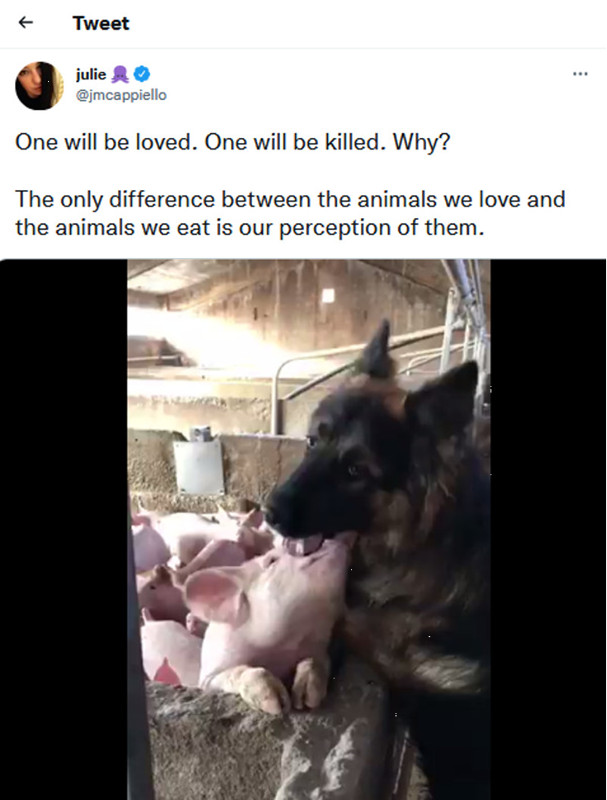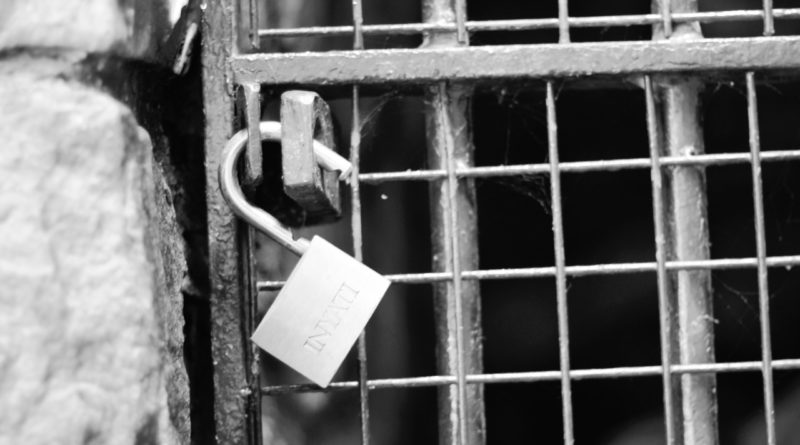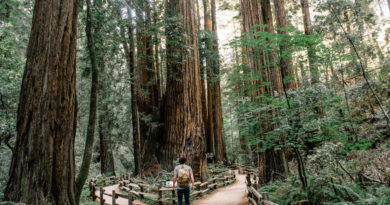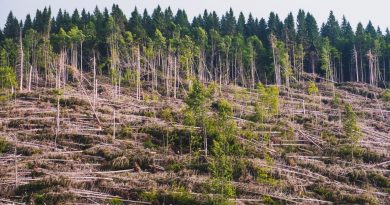Conscience And Conservation Vs Nutrition
Is industrial livestock production compatible with good conscience, conservation and good nutrition?
Neither you nor I have been given a choice to whom or where to be born. We are born into a context of loving parents, care, hope and future. To the average person, it’s unimaginable to be born into slavery for the sole purpose of eventually getting killed.
Since no one controls the context into which one is born, isn’t it incredibly cruel and unjust that some are born into love and hope while others are born to get killed? And guess what, most of us contribute financially to keep the process going.
What am I talking about? Industrial livestock production also known as factory farming of animals for human consumption. 99% animals raised for food in the United States are raised in factory farms. The animals are conceived, born and raised with the intent to turn them into food. The animals’ brief lives are spent in overcrowded and otherwise deplorable conditions. While being raised for food, many of the animals are mutilated for the purpose of “easier handling”. Most are confined indoors all their life. Their lives end in a slaughter. (The way they are being killed is very far from humane.)
“If slaughterhouses had glass walls, the whole world would be vegetarian.” Linda McCartney
All of the torture and inhumane treatment of living creatures with one goal in mind: to feed us.
“Animal factories are one more sign of the extent to which our technological capacities have advanced faster than our ethics.” Peter Singer
Here are a few facts:
– The current world population is about 8 billion and growing
– 9.76 billion land animals were slaughtered for food in 2020
The United States population is nearing 334 million. According to Animal Clock to feed us:
– 9 billion chickens are killed annually
– 36 million cattle are slaughtered every year
– 124 million pigs are slaughtered every year
Industrial livestock production has a huge carbon footprint; it accelerates environmental degradation and climate change. To give you a general idea:
– 14% of all greenhouse gas emissions come from meat and dairy production
– 30% of all fresh water is used for livestock
– 45% of all agricultural land is used for livestock (soil used for cattle grazing becomes too degraded for food growing)
– massive deforestation is driven by the need for more pasture space
– of course, loss of biodiversity, pollution and water contamination belong on this list, too
I’m an optimist by nature and as such I dislike dystopian novels and movies. (There is plenty to worry about as it is and no need to experience additional stress.) But for the purpose of this post, let’s imagine that the Earth is taken over by some unknown, superior to us specie from outer space that enjoys the taste of human meat.
We could just as well end up being conceived, raised and killed for someone’s meal. We could be living the very horrors today’s “livestock” is experiencing on our hands. Lives filled with pain, deprivation, suffering and tragedy. Lives without hope. Lives of absolute slavery with no way to rebel or break free.
Animals are being tortured, exploited and murdered in a process which goes by such sanitized names as “industrial livestock production” or “meat production”. I’m tempted to compare it to a genocide!
Life, not yours or mine, but ANY is sacred. Pain is pain and experienced the same way by any living being.
Industrial livestock production of animals is WRONG. Breeding animals for food is wrong. Mass abuse and mass slaughter are wrong. Eating a lot of meat is wrong. Eating meat often is wrong. Sacrificing 45% of productive agricultural soil to grow feed for livestock or use as pastures is wrong.
No matter how hard we try to impersonate God, we are not God. We have no right to breed animals for food, mistreat them, kill or eat them. We usurped that right. Now is the time to reexamine our moral values and dietary habits. We have the choice to become vegan or vegetarian or at the very least, dramatically reduce the amount of meat we eat. The factory-farmed “livestock” has NO choices.
And on the subject of basic human decency, take a look at this tweet. That’s Nature. One life relating to another life.

Pigs are known for being intelligent, playful and great pets. Cows are wonderful therapeutic animals providing comfort to people suffering from post-traumatic stress disorder and anxiety.
Harvey Diamond put it well:
“You put a baby in a crib with an apple and a rabbit. If it eats the rabbit and plays with the apple, I’ll buy you a new car.”
What gives us the right to assign value or fate to other living beings? How can a person who loves his or her pet eat corpses of murdered animals, if the option of becoming a vegan – and helping bring animal suffering to a stop – is available?
“The most violent weapon on earth is the table fork.” Mahatma Gandhi
Back when I was a little kid, a tiger poster with a quote hung in my bedroom. Until now, I believed that the quote was Gandhi’s, but I’m unable to verify it. The quote said: “If you can’t kill an animal, you shouldn’t eat meat.” I can’t. Can YOU? If you had to kill an animal to eat, would YOU?
*
By design, we humans are omnivorous which means we can digest both, plant and animal foods.
Animal proteins provide the best quality proteins and all essential amino acids. But there are other ways to get proteins and amino acids in one’s diet. (For instance, quinoa, a grain, is a good source of protein that also provides all essential amino acids.)
Basically, it is possible to obtain all the needed nutrients from a vegetarian or vegan diet. Still, the combined total of vegans and vegetarians in the United States is 8%, today. Not everybody does – or will – embrace a meat-free diet.
When deciding on the right way to eat, consider your health and your feelings about climate change.
Don’t forget your CONSCIENCE!
Photo on top of the post by Hennie Stander on Unsplash




